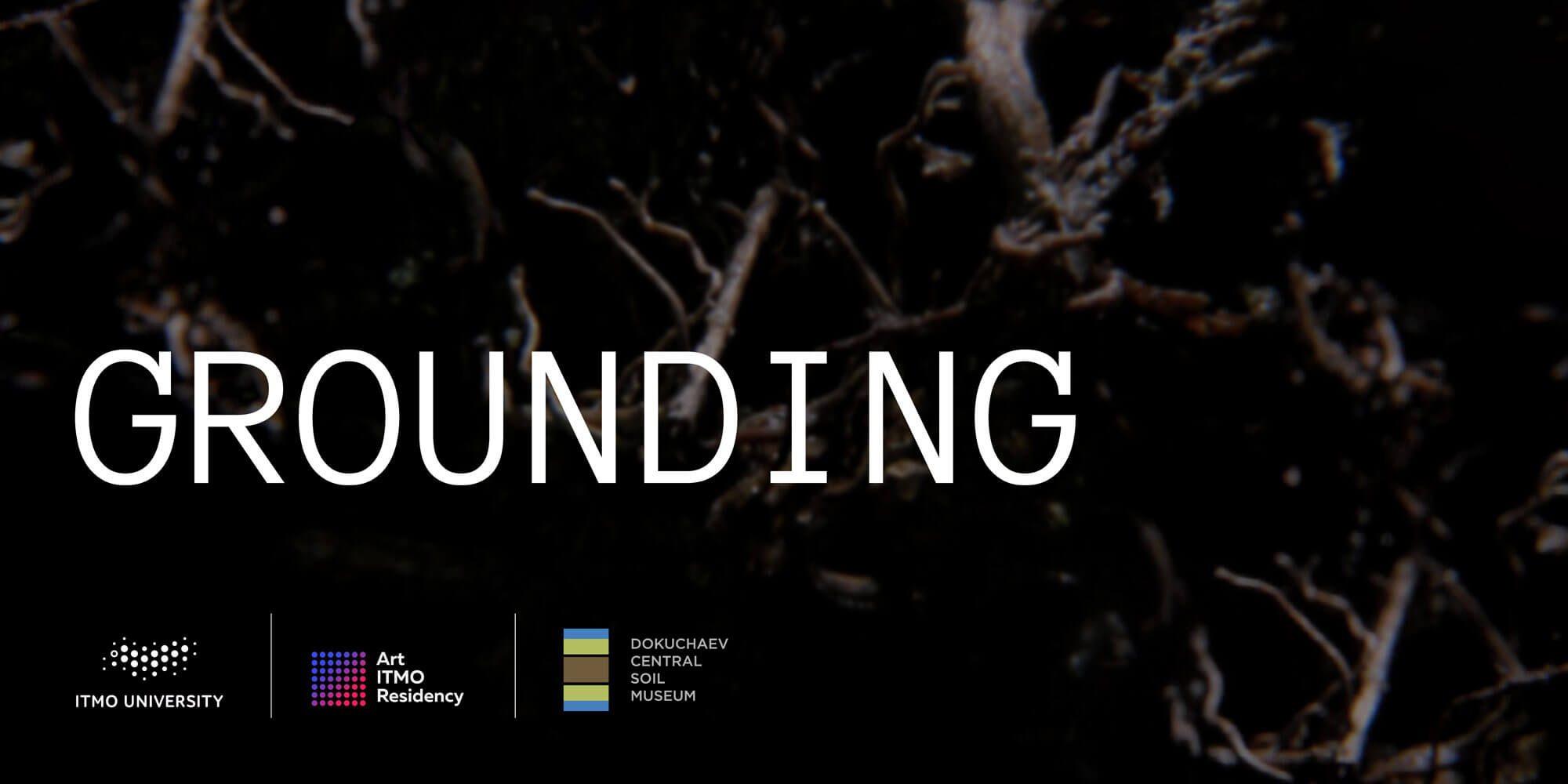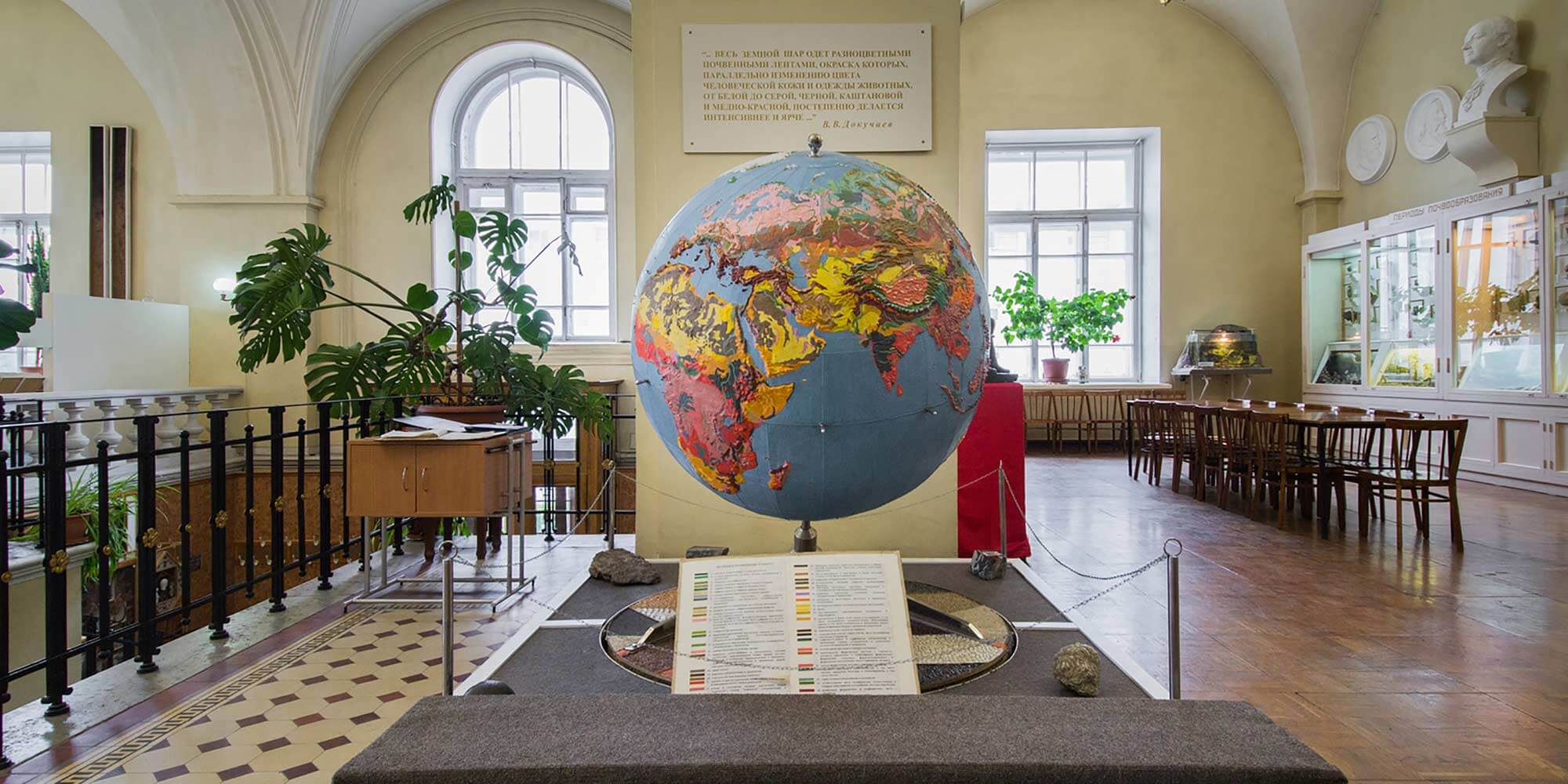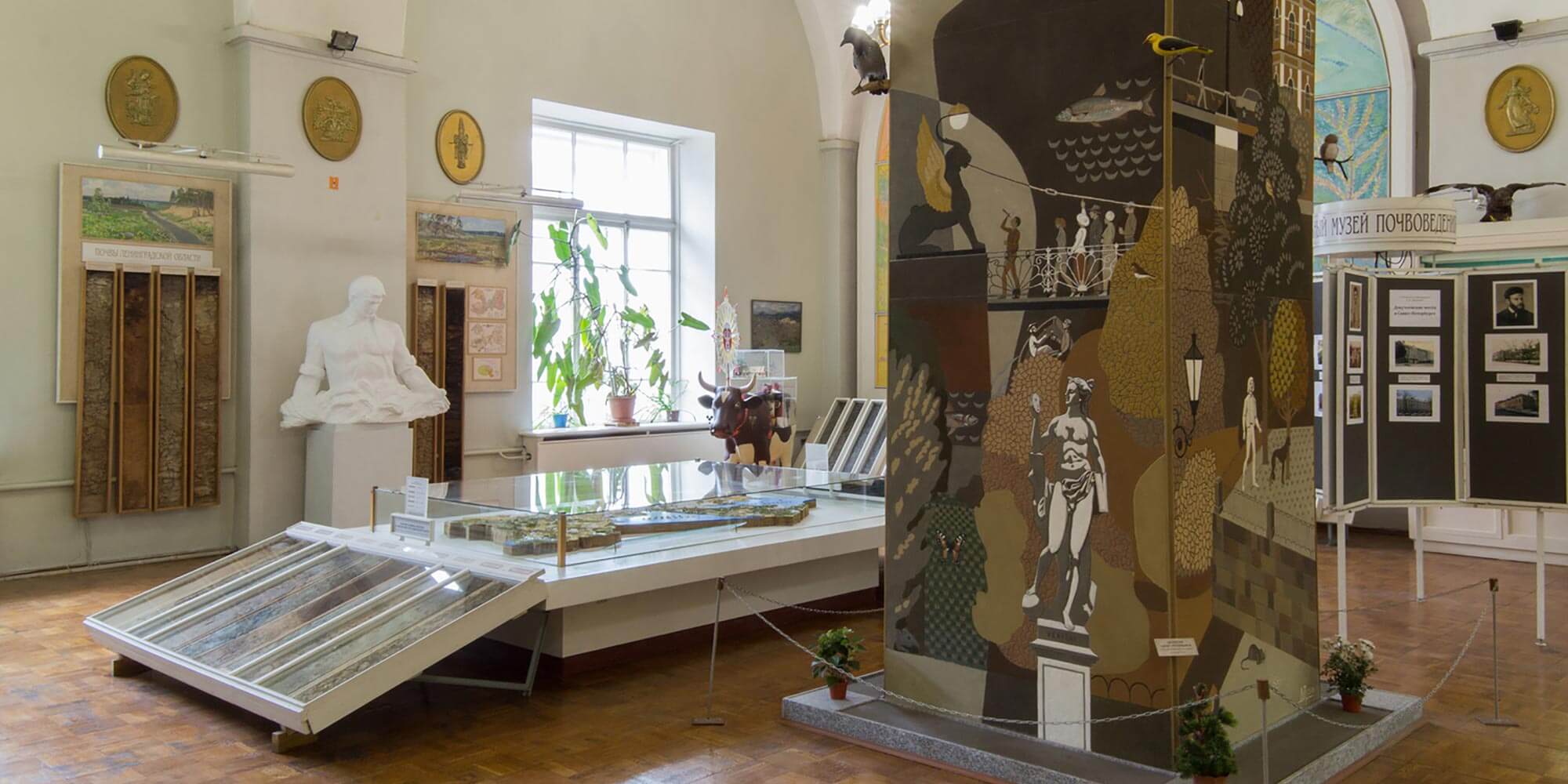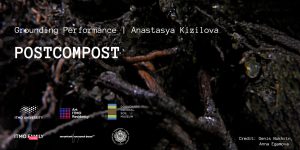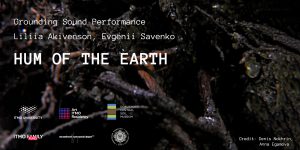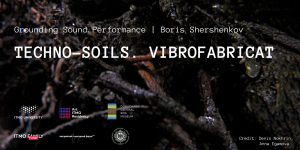Grounding is a refocusing of our gaze; a search for a new connection with what lies beneath our feet. Understanding our ethical role in the planet’s transformation requires the ability to recognize nature as a complex, self-sufficient system that we are only a part of. Natural formations exist as open systems of continuous interspecies communication. The origins of this outlook can be traced back to the soil science developed by Vasily Dokuchaev and reflected in Vladimir Vernadsky’s works on the biosphere.
Dokuchaev considered soil as a systemic phenomenon, consisting of biotic and abiotic factors. Vernadsky continued his thought and gave living organisms, primarily humans, a leading role in the transformation of the planet. Anthropogenesis is an integral part of the abiotic layers of the biosphere and humanity, as a powerful geological force, becomes a creator and destroyer all at once. This capacity demands transforming the mind from a mind-for-itself into a mind-for-the-Earth. Grounding is about neutralizing the disruptive potential of technology and the strain from accelerating growth. At the same time, it’s a responsibility to cultivate biotechnical shoots in contrast to the destructive competition between the man-made and the natural. The matter of soil, woven from symbiotic connections, can serve as an inspiration and foundation for the cultivation of this responsibility.
Video
Credits
Anna Kaplan, Victoria Gopka, Grigorii Kirgizov, Aliya Sakhariyeva, Khristina Ots, ITMO University, Art & Science Center (ITMO University), Art.ITMO.Residency, Dokuchaev Central Soil Museum
